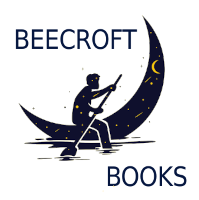Perils of Multitasking, Part Two.
Last time, I was complaining that I don’t seem to be able to do the first draft of one project while brainstorming or editing another. This may be because my mind doesn’t easily hold two stories at the same time, or it may be because I’m just lazy and once I’ve put in the hours…
